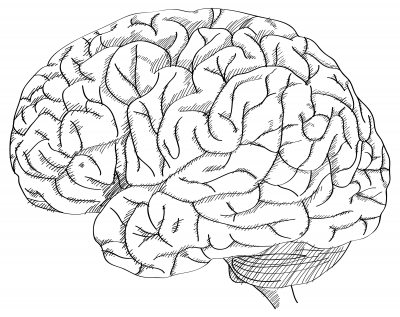Cold Sores Could Increase Risk of Alzheimer’s
Two studies claim that an infection of herpes simplex virus can increase the risk for Alzheimer’s disease. Researcher Hugo Lövheim, associate professor at the Department of Community Medicine and Rehabilitation, Geriatric Medicine, Umeå University, said, “Our results clearly show that there is a link between infections of herpes simplex virus and the risk of developing …













